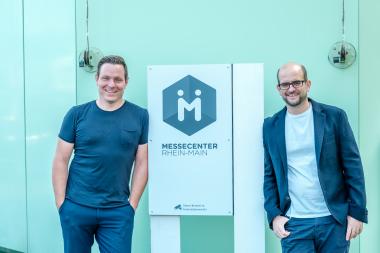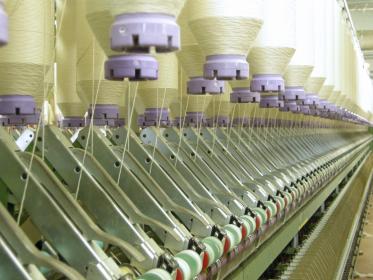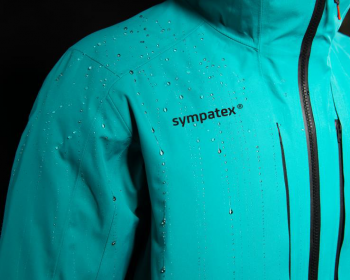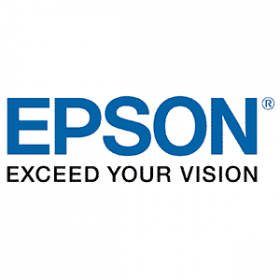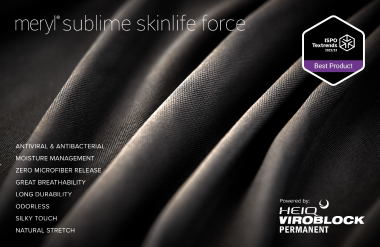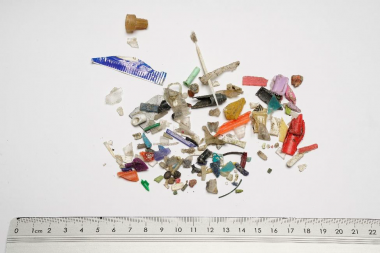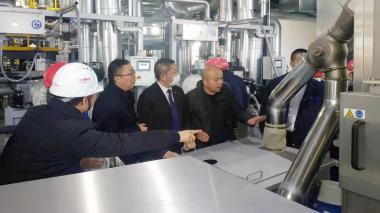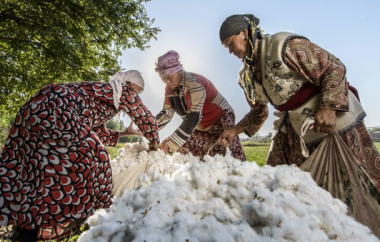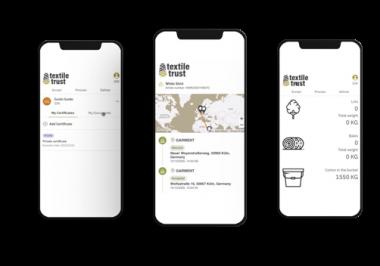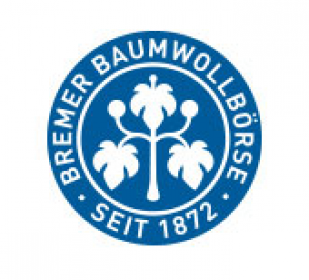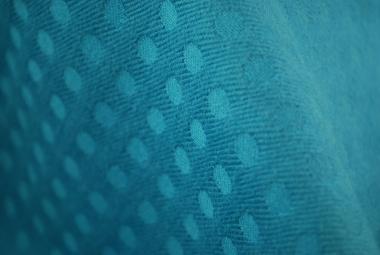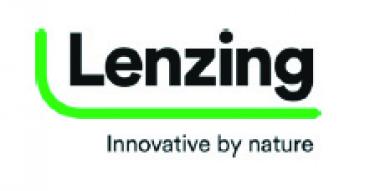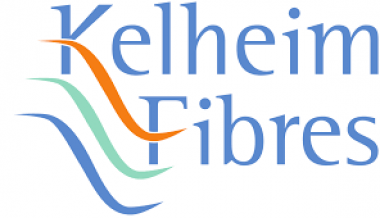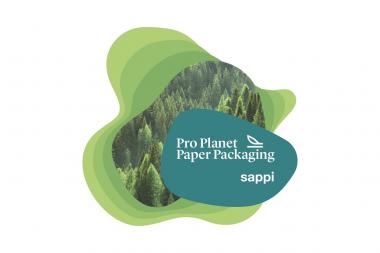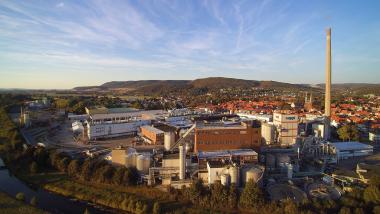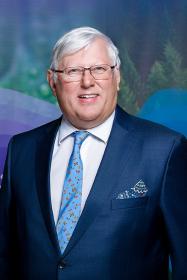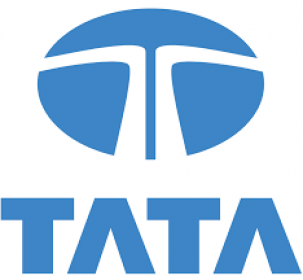INNATEX wegen Pandemie in ursprünglicher Form abgesagt
- INNATEX präsentiert die SHOWROOM ORDER DAYS vom 26. Februar bis 1. März 2021
- Internationale Fachmesse für nachhaltige Textilien fällt erstmals seit über 20 Jahren aus
Der Veranstalter der INNATEX muss aufgrund der unsicheren Pandemie-Situation die internationale Fachmesse in ihrer ursprünglichen Form absagen. Stattdessen lanciert die MUVEO GmbH die INNATEX SHOWROOM ORDER DAYS vom 26. Februar bis 1. März 2021 im Messecenter Rhein-Main in Hofheim-Wallau.
Beim neuen Konzept handelt es sich um ein Fashion-Showroom-Format, das exklusiv unter Einbeziehung der Lage um COVID-19 konzipiert wurde und auf der Vermietung einzelner Präsentationsflächen basiert. Teilnehmende Green-Fashion-Labels können dort ihre neuen Kollektionen den Bestandskund*innen ausschließlich nach fester Terminvereinbarung präsentieren.
Noch Anfang dieses Jahres war die MUVEO GmbH davon ausgegangen, dass nach der erfolgreich verlaufenen INNATEX im Sommer nun die 48. Edition unter dem Motto ON WE GO Ende Februar stattfinden könne. Im weiteren Verlauf der COVID-19-Pandemie zeichnete sich jedoch immer stärker eine Absage der internationalen Fachmesse für nachhaltige Textilien ab. Trotz langer Bemühungen, weiterer Anpassungen und intensivem Dialog beschlossen alle Parteien schließlich, dass eine Fachmesse im ursprünglichen Format derzeit nicht zu verantworten ist.
ON WE GO: Motto und Verantwortungsbewusstsein bleiben unverändert
„Über die letzten Monate hinweg erreichten uns regelmäßig Anfragen zur Machbarkeit einer Frühjahrs-Messe“, so Projektleiter Alexander Hitzel. „In den vielen Gesprächen erkannten wir den hohen Bedarf an einer Präsentations- und Ordermöglichkeit, was es uns nur mehr erschwerte, dass wir lange keine definitive Aussage treffen konnten. Sicherheit und Gesundheit haben höchste Priorität, ein Risiko für alle Beteiligten steht außer Frage. Jede Maßnahme ist wichtig, auch wenn das die Absage der INNATEX als klassische Fachmesse bedeutet. Umso mehr freuen wir uns jetzt über die Freigabe der INNATEX SHOWROOM ORDER DAYS, mit denen wir unseren Partner*innen doch noch Raum geben können, ihre Kund*innen bei Frankfurt am Main zu treffen und Order zu schreiben.“
Seit Beginn 2020 ist der Messeveranstalter Betreiber des Messecenter Rhein-Main und kann die Location somit ohne langwieirge Abstimmungsprozesse zur Verfügung stellen.
„Die INNATEX SHOWROOM ORDER DAYS werden in einem intimen Rahmen, unter sehr ausdifferenzierter Flächenplanung und strengen Hygienemaßnahmen mit ausschließlich von den Labels geladenen Besucher*innen stattfinden“, erläutert Hitzel.
Trotz Pandemie: Green Fashion macht weiter und soll zugänglich für alle sein
„Im Gegensatz zur INNATEX, die sich als sehr familiäre und offene Messe für alle Altersgruppen, Ansätze und Stilrichtungen versteht, definieren sich die INNATEX SHOWROOM ORDER DAYS nun über ihre Exklusivität“, so Hitzel. „Wir werden diese besondere Ordersaison mit einer einzigartigen Präsentationsform den Umständen angepasst abrunden und freuen uns schon auf eine Neuauflage der INNATEX 48 im Sommer vom 31.07. bis 02.08.2021. Das Motto ON WE GO ist passender denn je und wird uns das ganze Jahr 2021 begleiten.“
INNATEX, Baby- und Kindermode, Messecenter Rhein-Main Innatex, Baby- und Kindermode, nachhaltige Textilien INNATEX
INNATEX


